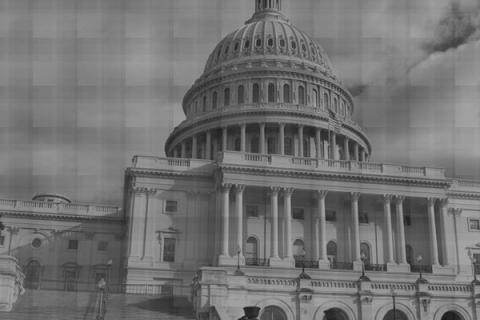We face a critical juncture for our Republic, one that might even prove if we have reached, according to Francis Fukuyama, the "end of history." This fork in the road presents two paths. One path will bring short-term relief, perhaps, but ultimately national self-immolation, while the other, momentarily a tough trail for some, will help recovery of both economy and freedom.
Should the current health care bill in the Senate pass, those who want health care insurance but do not have access (about 10 million people according to the liberal, non-profit Kaiser Family Foundation) will have relief. However, in a short time the disastrous consequences for the other 296 million Americans will become evident. They will include higher insurance premiums amid increased health care costs, as well as more third party rationing and stifled innovation. There will be no way around it. And, our country will throttle even faster toward default.
The other path will require surprisingly little discomfort for the vast majority of Americans, although the small group of truly uninsured may have to wait for more options. However, in short order, insurance and other health care costs will abate, and the market will provide for those without choices now, because the salient problem - 3rd party paying - would be addressed head on.
Semantics may explain why proponents are pushing the Senate bill. You may remember hearing the President and Ms. Pelosi incessantly discuss the health care "system" at the televised Health Care Summit.
The word "system" generally implies a designer. In this context, it is implied that the health care "system" suffers from a design flaw, which a better design, from a better designer, will fix.
But we don't have a health care "system". We have a health care market. And for anyone who understands markets, they are not designed, they are self-organizing. Immutable economic laws organize markets, just as the immutable laws of physics organize the universe. Proponents of reform can no more redesign a working, free health care market than they can redesign gravity.
The appropriate role for the Federal government in health care reform is to make sure that contracts are enforced, health care related disputes get resolved and that the Commerce Clause is used for its intended purpose, i.e. to ensure that health insurance markets are "regular", or open, between the States.
What the President and Ms. Pelosi may want to investigate is why the health care market has not distributed services according to purchasing power, as free markets always do. What they will find, I'm afraid, is that government interference, their cure, is actually the cause of the health care market's ills.
